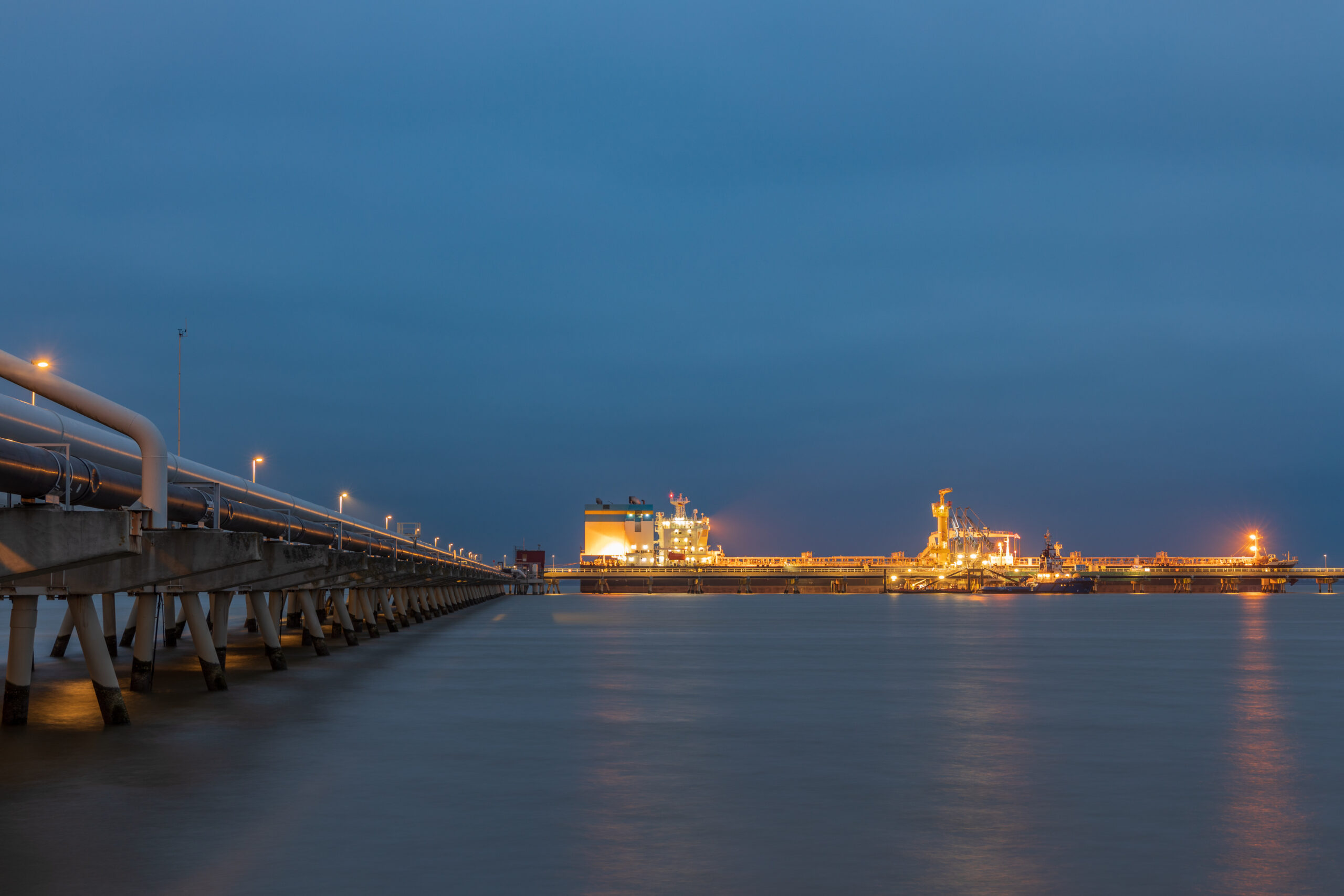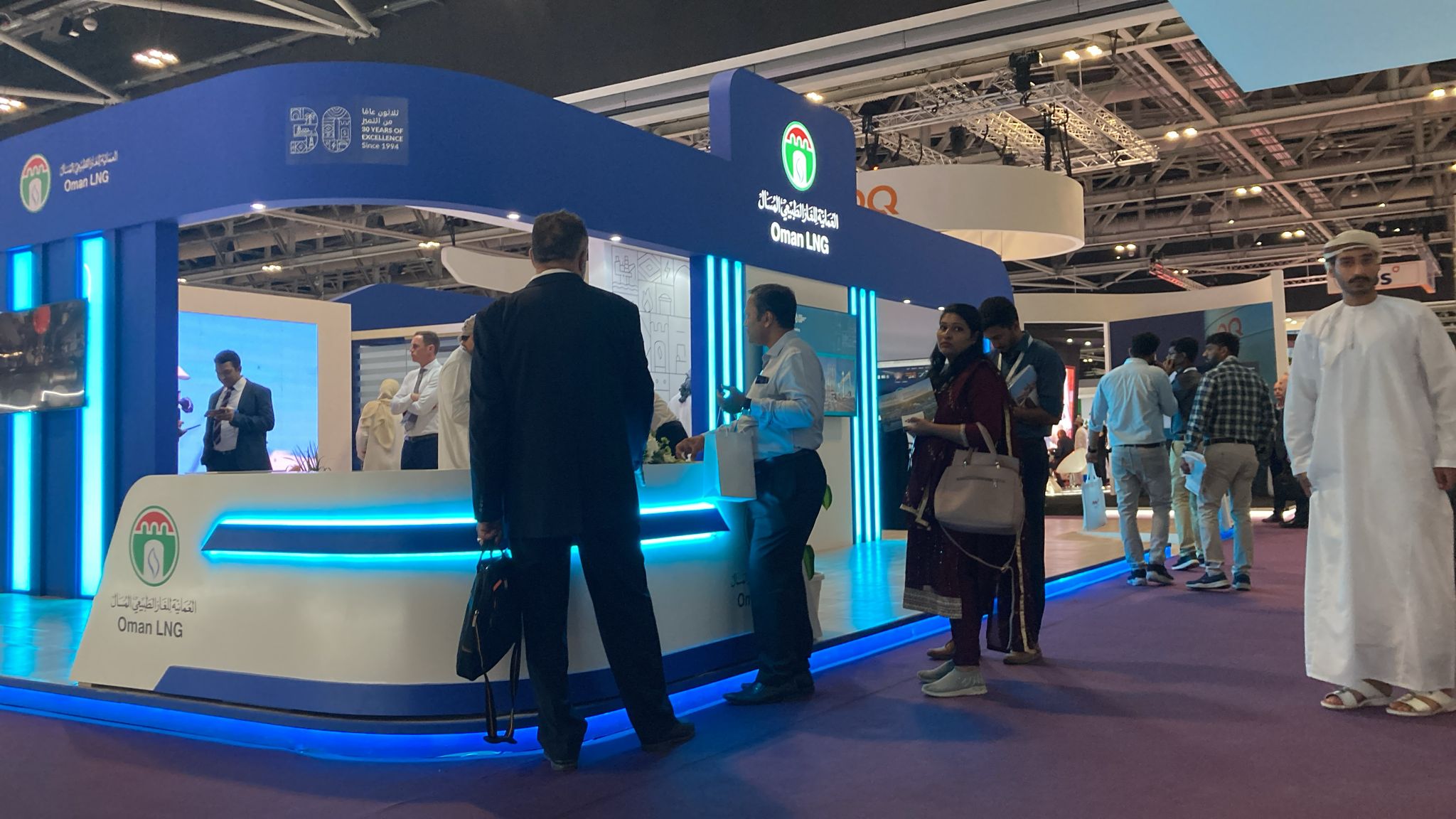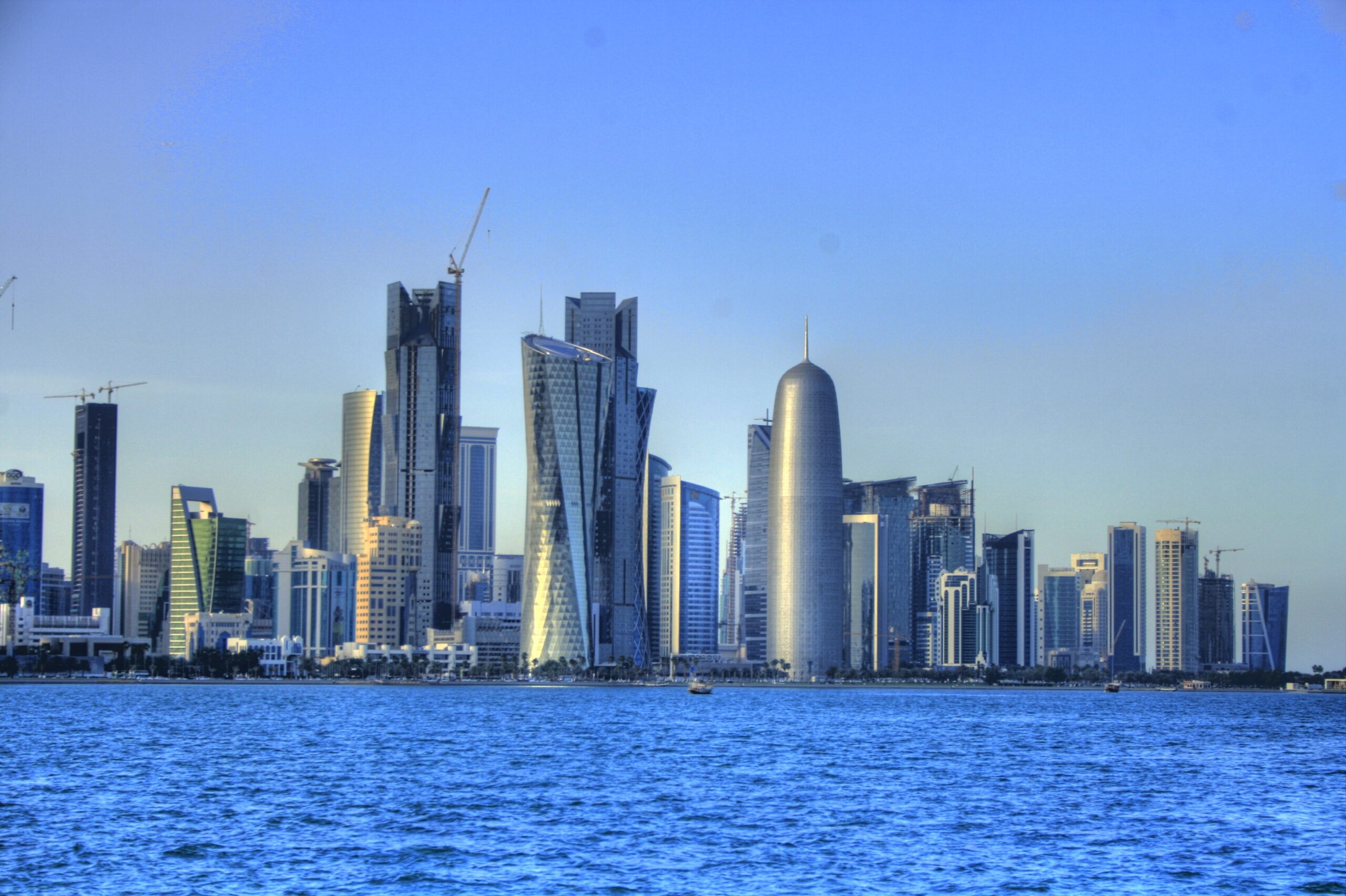Gas prices in Bangladesh spell return to LNG, volatility
High inflation and ‘abnormal’ hikes in gas prices in Bangladesh could lead to worker unrest in the garment industry, and greater energy poverty, experts say.

The South Asian nation resumed importing LNG from the international spot market last month to augment its overall natural gas supplies, helping cope with the mounting demand for natural gas at a time of rising gas prices in Bangladesh.
An LNG cargo from the spot market is scheduled to be delivered on around February 21-22 at Matarbari floating, storage and re-gasification unit, or FSRU, by French firm TotalEnergies.
TotalEnergies will supply around 3.36 million MMBTU of LNG at $19.78/ MMBTu.
Coinciding with the resumption of spot LNG imports a hike in domestic natural gas tariffs by up to 178.88 per cent also came into effect from February, barely six months after the previous hike, in line with a government executive order.
The Bangladeshi government also raised both retail and bulk electricity tariffs by up to 7.36 per cent across the board with effect from February 1, following January hikes in the retail level power tariff.
Bangladesh’s government recently gave itself the authority to adjust energy prices, as and when necessary, bypassing the energy regulatory commission and public-hearing procedure, through an amendment to the Bangladesh Energy Regulatory Commission (BERC) Rules.
The BERC previously had hiked natural gas and electricity tariffs after holding public hearings.
Struggling to source gas
Despite all such efforts Bangladesh is struggling to source natural gas supplies to appease gas-guzzling consumers.
“The gas tariffs were raised to adjust government’s growing subsidy and ensure uninterrupted gas supplies to export-oriented industries and power plants,” a gazette notification on the tariff hikes, issued by Energy and Mineral Resources Division, or EMRD, under the Ministry of Power, Energy and Mineral Resources, spelled out.
Bangladesh’s increased gas tariff, however, came effective weeks after the country’s export-oriented industry owners expressed a willingness to pay more to get enough gas to run their industries.
But they were surprised by the extent of the hike terming it ‘too much’ and said it would reduce competitiveness in the country’s growing industrial sector, market insiders said.
It will push up inflation and raise prices of all essentials further worsening the already strained fiscal condition of the general publicsince Russia’s invasion of Ukraine in February last year, they said.
Volatile gas prices in Bangladesh
They are now urging the government to slash the natural gas tariff to a rational level to safeguard businesses and the economy, they added.
Bangladesh had ceased importing LNG from the international spot market since July 2022 due to its volatility and fund constraints, which resulted in a shortage of natural gas supplies to consumers.
Despite repeated attempts, Bangladesh also failed to seal some deals for more LNG in 2023 from long-term LNG suppliers.
The country’s existing long term LNG suppliers – Qatargas and Oman Trading International, or OTI, which is now called OQ, were hard-pushed to provide a total of 56 LNG cargoes this year, the same volume they supplied during 2022.
Adding requirements for gas consumers, Bangladesh’s natural gas supplies from local gas fields are also on the wane, according to Petrobangla.
Small and cottage industries are now seeing Tk 30/cm from a previous Tk 10.78/cm, which accounts for a 178.29% hike.
The gas tariff for captive power plants, small power plants and merchant power plants owned by the private sector soared by 87.50% to Tk 30/cm from a previous Tk 16/cm.
For big industries the gas tariff was raised by 150.41% to Tk 30/cm from a previous Tk 11.98/cm.
The government raised the tariff for commercial consumers, which include hotel, restaurant and similar business outlets, by 12.80% to Tk 30.50/cm from a previous Tk26.64/cm.
“We did not seek hike to this extent,” Mostofa Azad Chowdhury Babu, the senior vice-president of Bangladesh’s apex trade body, the Federation of Bangladesh Chamber of Commerce and Industry (FBCCI), told Gas Outlook.
“The FBCCI, Bangladesh Textile Mills Association (BTMA), Bangladesh Garment Manufacturers and Exporters Association (BGMEA) and Bangladesh Knitwear Manufacturers and Exporters Association (BKMEA) all had sat together and calculated that a hike to Tk 25/cm with uninterrupted gas supply to industries would be beneficial to us,” he said.
Manufacturing costs in gas-guzzling industries will shoot up with the tariff hike, he feared.
Consumers will be under pressure and strained, as a result.
Worker unrest in the garment industry
BGMEA also fears that the ‘abnormal’ hike in gas prices and high inflation could lead to the deterioration of law and order in the form of worker unrest.
The country’s largest garment exporters’ group advised the Bangladeshi government to raise natural gas prices in phases.
BGMEA’s president Faruque Hassan sent a letter to Bangladesh’s prime minister’s adviser on energy Dr Tawfiq-e-Elahi Chowdhury where he stated that the prices of raw materials already soared pushing up the production costs of apparel after the gas price hikes.
The interest rates of bank loans also soared due to inflation as competing in the market became next to impossible, he said. It will be difficult for the garment industry to sustain, he said.
Bangladesh’s apparel sector is the biggest foreign currency earner, accounting for over 80% of its total earnings, according to official data of the national Export Promotion Bureau.
Energy poverty
New natural gas tariffs will create energy poverty in the country as a section of people will not be able consume energy at the newly hiked rate, energy expert professor M Tamim told Gas Outlook.
Overall costs of generating electricity will increase further due to higher tariff for power plants, he said.
Grid-connected and captive power plants consume around 56% of natural gas in total, of which the grid-connected power plants consume 40% of overall gas and 16% is consumed by captive power plants, said Tamim, who was in charge of Bangladesh’s energy sector during a caretaker government 15 years ago.
Tamim also was skeptical as to whether the government would increase natural gas supply after the latest tariff hikes.
In a phone interview with Gas Outlook, Bangladesh’s state minister for the Ministry of Power, Energy and Mineral Resources Nasrul Hamid said the government will increase imports of LNG cargoes from the spot market alongside long term cargoes to increase overall natural gas supplies.
Bangladesh will import eight more LNG cargoes from the spot market before this June, he told Gas Outlook in early February.
Bangladesh will start importing increased quantity of LNG regularly from the spot market from March, Petrobangla Chairman Zanendra Nath Sarker also told Gas Outlook.
Bangladesh has a target to ramp up the country’s overall natural-gas output to more than 3,000 MMcf/d from a current level of around 2,602 MMcf/d.



